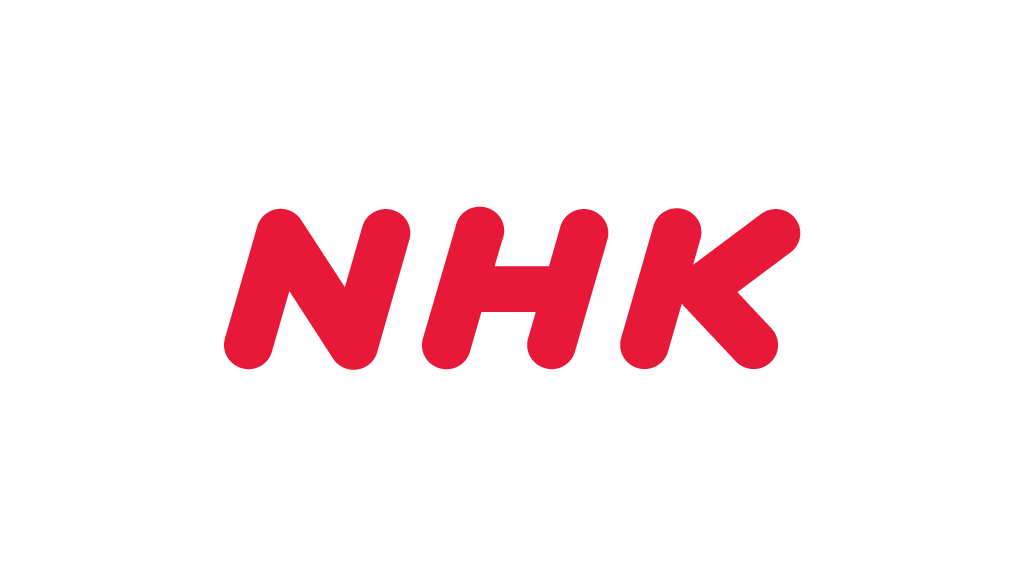The BBC is not the only public service broadcaster to face funding problems. NHK in Japan is in deficit for the third year running following a fall in licence fee revenue. 2025 marks the centenary of the start of radio broadcasting by its predecessor, the Tokyo Broadcasting Station. From October, a change in legislation will make internet-based services an essential part of the NHK operation.
The Japan Broadcasting Corporation, NHK, will post a deficit of 40 billion yen for the fiscal year. That is about £200 million. It is the third consecutive deficit, although it is less than the deficit of 57 billion yen in the previous budget, which was about £300 million. NHK will make up the shortfall using reserve funds.

Income from licence fees, which make up almost all of its operating revenues, has been flat. Anyone in Japan who has a television receiver has to pay a fee. Households with television sets that can receive satellite broadcasters must pay for a satellite contract, which is ¥21,765 a year, or about £114. Households with receivers that can receive terrestrial broadcasts, including simultaneous retransmissions, must pay for a terrestrial contract, which is ¥12,276 a year, which is about £64.
The recent revision of the Broadcasting Act in Japan means that from October 2025 internet-based services will be an essential part of the NHK operation, which has historically focussed on broadcasting. It means that NHK will be required to offer online streams of its programmes as they are broadcast. NHK will be entitled to collect an internet fee at the same level as for terrestrial reception.
